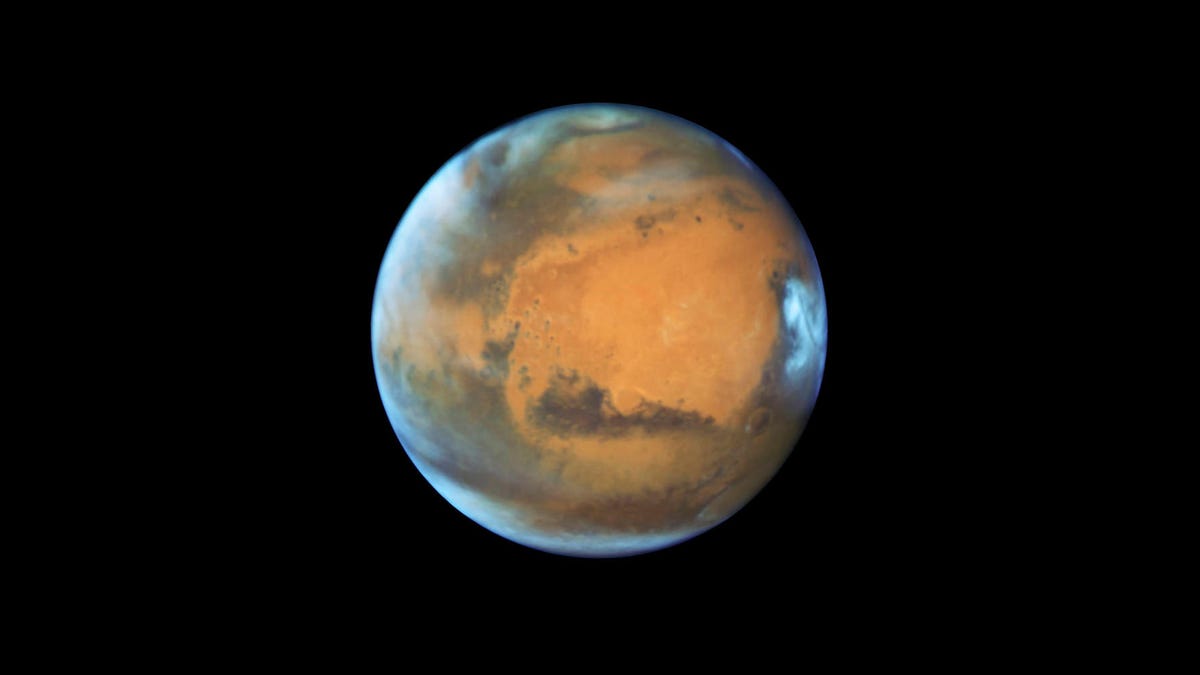Topic: Scientists say the best time for humans to travel to Mars

Maybe book your SpaceX Starship in 2030 to avoid the worst space radiation.Humanity is based on the idea of visiting Mars on its own. But there's the annoying problem of dangerous radiation during long space travel to get there. Scientists have expressed concerns about brain damage. digestive problems and Cancer on their journey to the Red Planet. But it's not impossible.
How are you doing with Tips to overcome laziness keep active that we XO have brought to all PGSLOT gamblers today I can tell you that it can pull you up to work. to make a profit by Play online slots to get money for sure. Sign up with us today with a free bonus of up to 50%. Plus, there are many privileges waiting for you. Good things like this can't be missed!!
A new study has some suggestions for dealing with safety concerns. And part of that may come from strategically choosing the best time to travel.This study shows that, although space radiation imposes strict limits and presents technological problems for human missions to Mars, it is not yet known. The mission is still ongoing,” said an article published this month in the journal Space Weather, covering simulations pointing to the right time. to travel to Mars
This article discusses two main types of hazardous particle radiation: solar particulate radiation (SEP) from the sun and galactic cosmic radiation (GCR) from outside the solar system. The researchers point to a time known as the Solar maximum, when our sun is at its peak activity. It's the ideal time for humans to head to Mars.Scientists' calculations show that it is possible to shield Mars-bound spacecraft from energetic particles from the Sun. because during the peak sunlight
The most dangerous and energetic particles from distant galaxies will deviate from increased solar activity,” UCLA said. In a statement on Wednesday Spacecraft designers will need to focus on protecting astronauts from SEP, but there will be a reduced impact from damaging GCRs in the maximum solar range. The team also recommends a return journey to Mars in less than four years. Although the study acknowledges that this can change depending on the development of new protective materials.